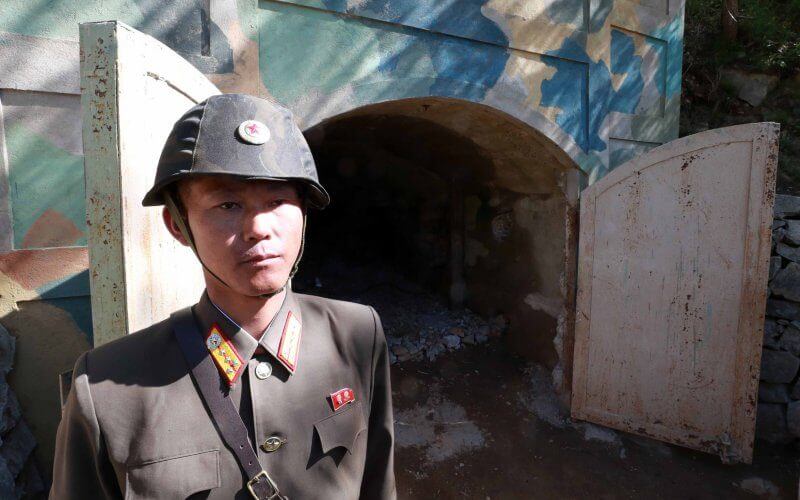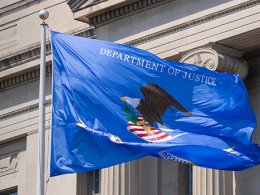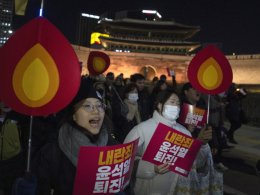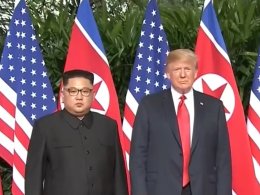Nuclear detonations at North Korea's Punggye-ri test site may have exposed hundreds of thousands of local citizens to high levels of radiation and endangered people in neighboring countries with contaminated agricultural products, a new report said Tuesday.
The Transitional Justice Working Group, a Seoul-based human rights organization, mapped the possible range of leakage and dissemination of radioactive materials through groundwater and said it "points to a large area and population at risk."
North Korea has conducted six underground nuclear tests at the Punggye-ri facility since 2006.
The TJWG report said radioactive materials could have spread in a radius of 25 miles around the site, where more than 1 million people live and rely on groundwater for many of their daily activities.
"The populations in neighboring countries such as South Korea, China and Japan are also exposed to the radioactive risk from the contaminated agricultural and marine products imported from North Korea," the report said.
Related Story: U.S. Buys $290 Million Worth of Anti-Radiation Drug Amid Russia’s Nuclear Threat









